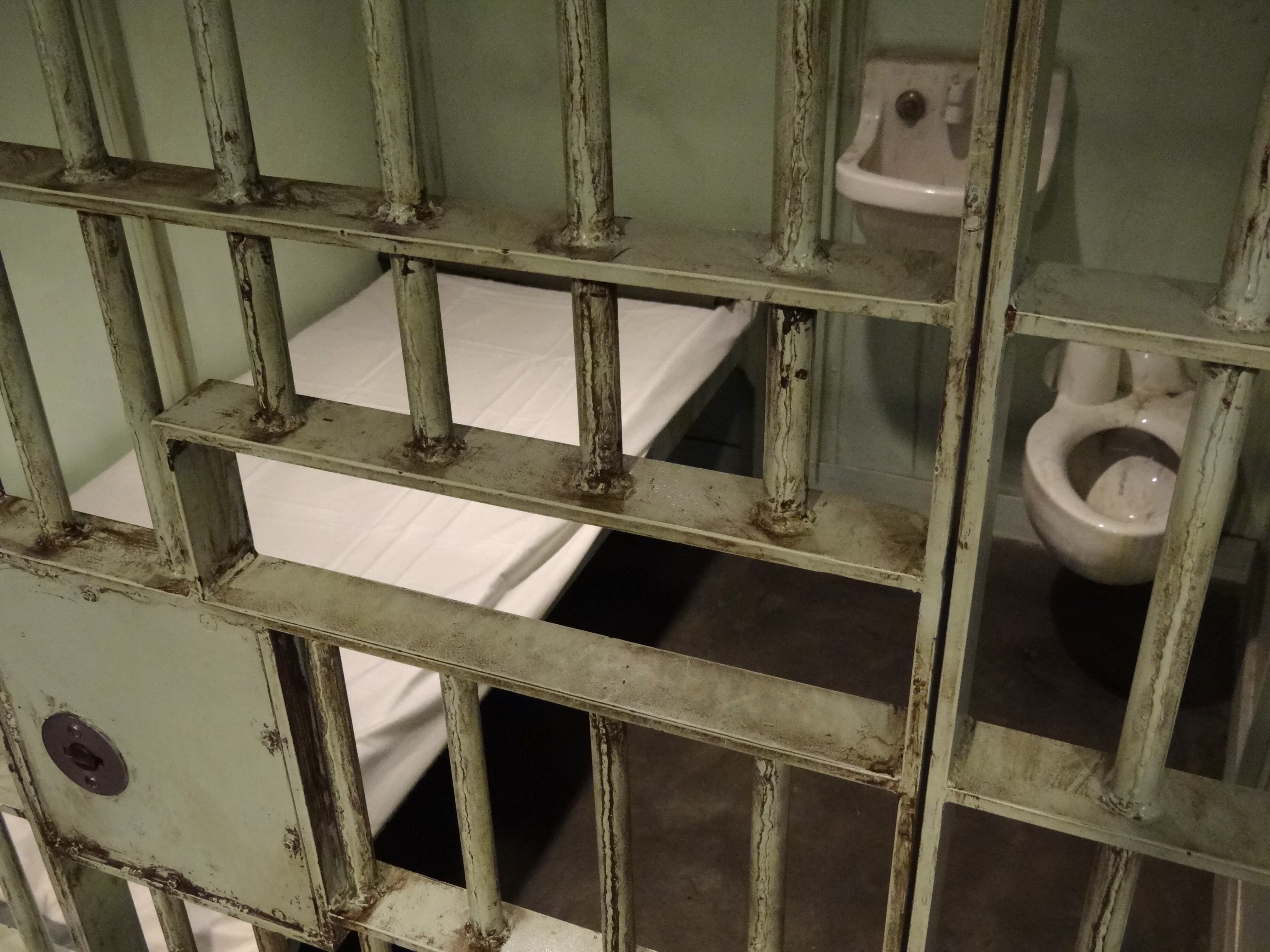
Note from KMM: On November 18, 2014, I posted the first few paragraphs of an essay on Building a Racially Just Society, written with my two colleagues, Roy Eidelson and Mikhail Lyubansky, with a link to the whole article at www.psychologytoday.com/blog/dangerous-ideas/201411/building-racially-just-society-psychological-insights). Here are the suggestions we provided at the end of that paper. To what extent are these suggestions applicable to all forms of violence in the US today?
Conclusion to Building a Racially Just Society: Psychological Insights
By Roy Eidelson, Mikhail Lyubansky, and Kathie Malley-Morrison
…. Conquering the racism and racial inequities so deeply embedded in U.S. history and institutions will require serious and sustained commitment by individuals, organizations, communities, and our nation as a whole.[33] That commitment will need to be multifaceted: to listen deeply to the experience of those who suffer most from racism and racial injustice; to learn about and acknowledge our own individual and collective contributions to maintaining the oppression of racism in all its societal manifestations; to be open to transforming our understanding of the system of racism and what keeps it in place; and to be ready to make choices in many aspects of our lives that will help reduce racism and racial injustice.
At the individual level, learning more about the hardships, abuses, accomplishments, and resilience that characterize the long struggle against racial injustice can provide a pathway to better understanding the current circumstances, adversities, and structural violence that need to be overcome.[34] Working to recognize and transcend our own biases is also essential; for some, this may begin by participating in challenging conversations about race, even when those interactions are uncomfortable. It is also important for all of us – including those in positions of influence and advantage – to demonstrate solidarity with the direct victims of racial injustice through concrete engagement in advocacy and other forms of collaboration.
In many workplaces and volunteer organizations, there is a need for a stronger commitment to specific actions aimed at increasing diversity and promoting respect for differences, especially in the ranks of leadership. Where appropriate, public service and other organizations – including police departments[35] – should adopt training programs that demonstrate how contemporary racism operates, including how implicit bias works and how it might be consciously overridden. Policies and procedures assuring that instances of workplace racism and discrimination are recognized, taken seriously, and addressed directly should be instituted as well. In some contexts, sustained, dialogue-driven learning opportunities can be more effective than strictly punitive responses in reducing racist and discriminatory behavior and building a culture of acceptance and mutual respect. In our schools, teachers and other educators should receive support[36] in developing the skills and educational materials necessary to make both historical and contemporary racial injustice an integral part of the curriculum and restorative justice a first option when disciplinary problems arise.
When law enforcement personnel kill unarmed black teenagers or commit other violence that punctuates the daily oppression suffered in African American communities, they should be held accountable. To the extent that attempts to enforce this accountability fall short, as they too often do, there are other ways to lay the foundation for more just interactions in the future. Community-wide restorative dialogue initiatives can be effective in establishing trust and connection when one party has inflicted violence on another. Independent of criminal proceedings, these approaches create conditions where all those impacted have an opportunity to express themselves fully and honestly in a way that others can truly hear and understand. While some types of harm inflict individual and collective wounds that are irreparable, such interventions can interrupt the cycle of violence, turn destructive anger into constructive energy, and lead to both individual and community healing and significant structural reforms, including in policing practices and policies.[37]
As a nation, we must all commit to joining together to transform the entrenched systems that, almost invisibly at times, obstruct progress toward racial equality. Toward that end, genuine intercultural, pluralistic living – rooted in horizontal, intentional, and cooperative engagement – can help to further foster respect and empathy across boundaries that too often divide people from each other. But fifty years after the Civil Rights Act was signed and Martin Luther King, Jr. received the Nobel Peace Prize, it is clear that much work remains to be done. The urgency is undeniable. Building a more racially just society is the shared responsibility of all of us.


